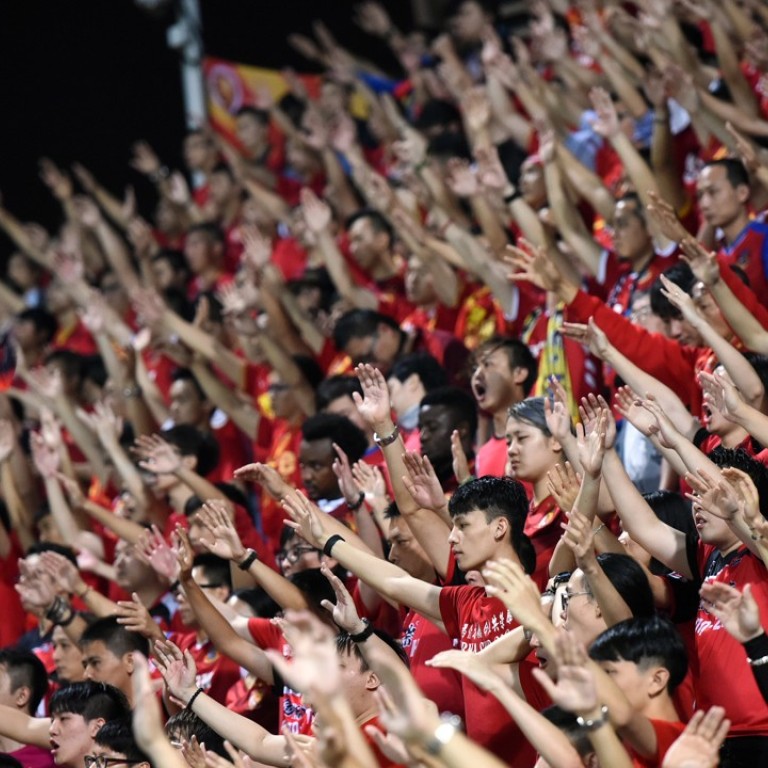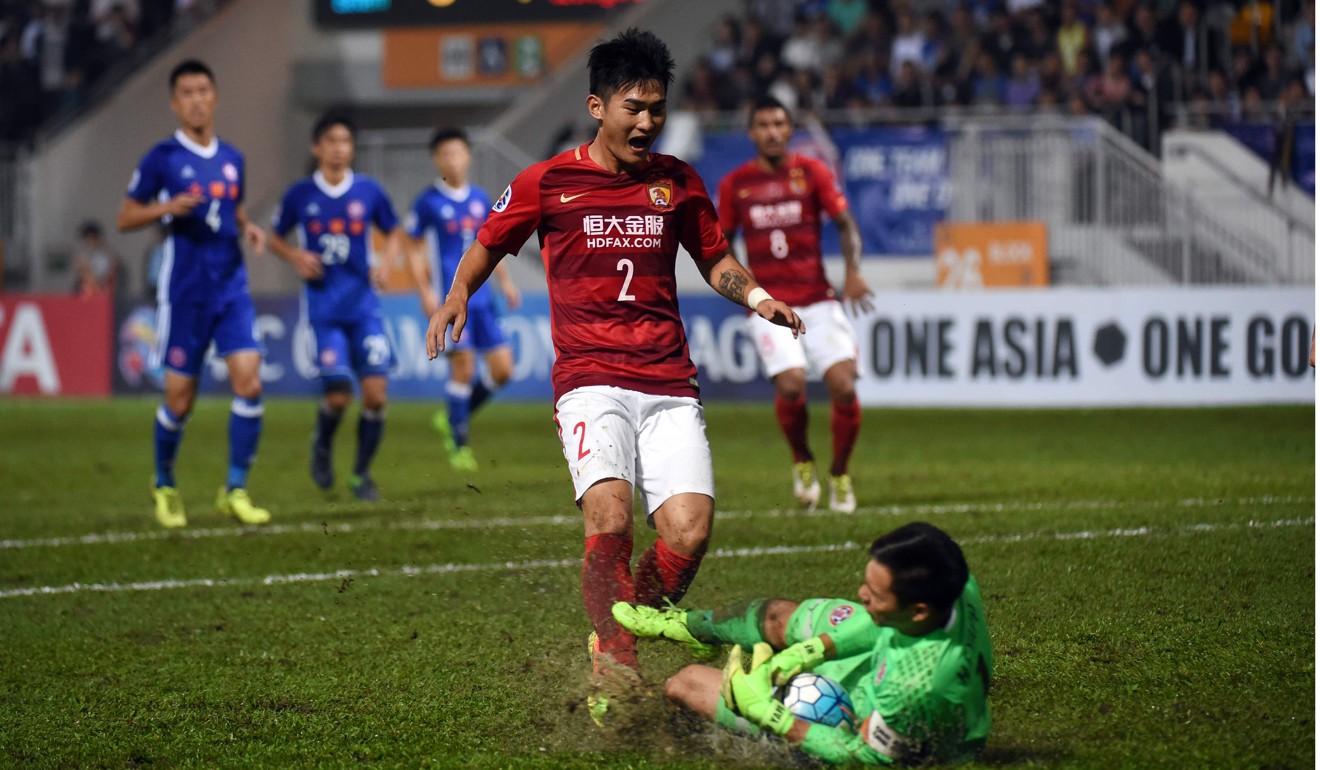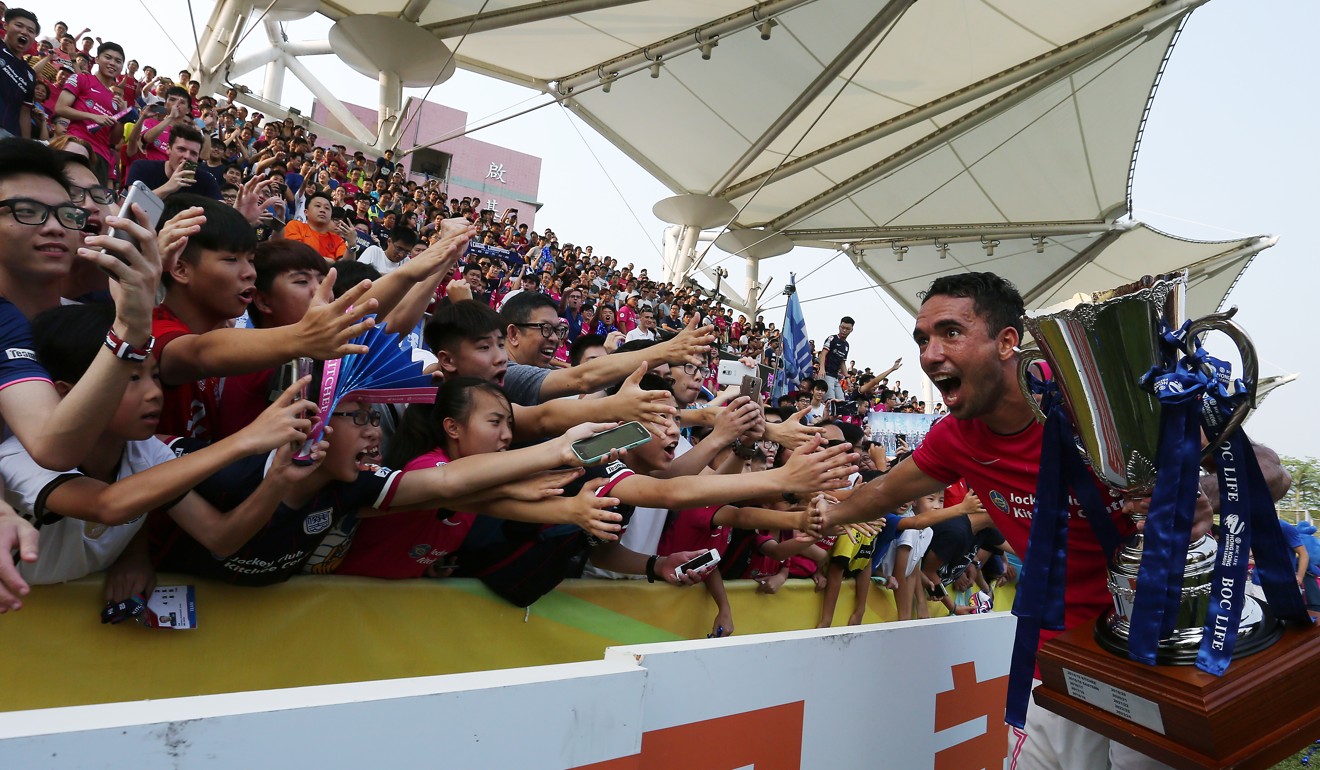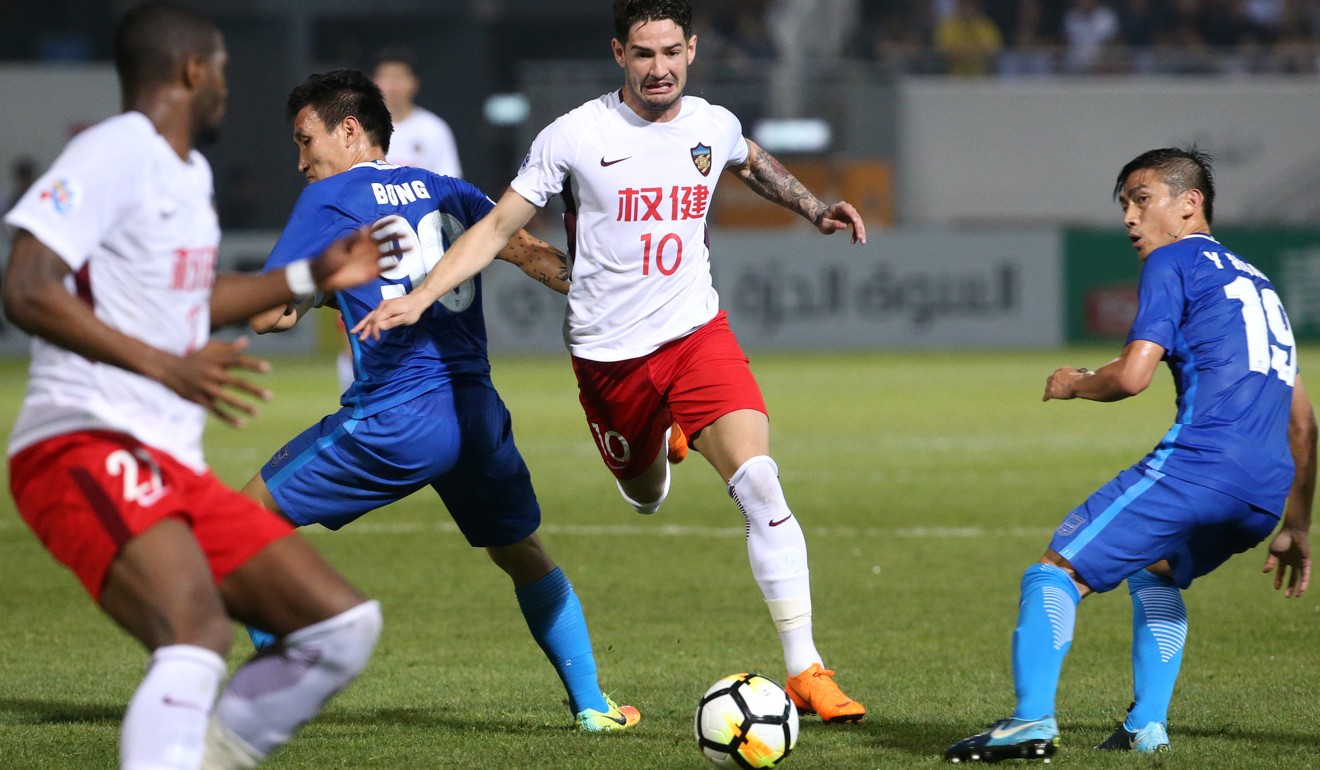
Ignore the haters, play China and rethink the Hong Kong Premier League – advice for the next HKFA chief from Mark Sutcliffe
AFC Champions League and getting money for local clubs to develop youth players is key to building, but FA needs to publicise progress
“People are bad-mouthing you or back-stabbing you? Ignore it. It goes with the territory. Get on with the job.”
That’s something he learned in his six years in charge of Hong Kong football, although not everyone is against progress.
“There’s some very good positive people in football and I’ve really enjoyed working with them. They are the silent majority.
“The vociferous minority are the people that are constantly criticising, carping in the background, well, less in the background in the past few months. It has actually come back to the surface.”
Criticism in the media and on social media was par for the course, he said, but people do not realise they are part of the problem.
“They just turn everybody off, particularly our big partners. If you put yourselves in their place, the government or the Jockey Club, commercial sponsors, the last thing you want to see is football tearing itself apart.”
This lack of unity in the football fraternity is the biggest problem in Sutcliffe’s eyes.
“There’s still vested interests, conflicts of interest, and it’s getting in the way of the development.

“Maybe that’s what we should be doing. Telling people things have happened: the governance, the management, particularly around girls’ and women’s football. People don’t know what’s going on, partly our fault, also sometimes people don’t want to hear it. They’d rather carry on dripping out this negative ‘The FA is rubbish, corrupt’, this sort of stuff.”
“We struggle every summer to work out which clubs are going to be playing the following year. You’ve got to ask the question: is Hong Kong big enough to sustain a Premier League on its own? Fully professional?
“Seven and a half million people with the level of spectators we’re getting at the moment is questionable.

“I think they should look at the options for the future of a professional league, which might mean going to 12 teams, having six from Hong Kong and six from outside Hong Kong. Like the [Guangzhou] R&F situation we’ve got now.
“There was a lot of resistance to that at first and I can understand why, but it’s working reasonably well now. If you could have a league in Hong Kong between teams from Macau, Chinese Taipei [Taiwan], Guangzhou, Shenzhen and expand it so there’s more interest – more from fans, media, broadcasting – that’s one option. Another option might be to look at putting in a couple of teams playing in China.”
The outgoing CEO hopes the FA and the clubs can work more closely in the future, perhaps using FA money to finance club academies.

“It would immediately improve the relationship between all the clubs and the FA which means that a lot of the negativity would go away. It actually wouldn’t require a lot of money.
“If we’re giving more money to the clubs for youth development that’s more kids being trained by professional clubs and a higher quality of coaches.”
That would carry on the progress made in bringing professionalism to the top flight and strengthening the grass roots that Sutcliffe oversaw.
“To have [Guangzhou] Evergrande down here playing, it’s a big thing. Not only do they bring fans but the local fans want to go out and start to support the team. That has a knock-on effect.”
More than 13,000 fans showed up for Kitchee’s first group game at Hong Kong Stadium, a crowd three times their best for the rest of the season and the growth in numbers that the government and FA want to see for the domestic game.
“I don’t think Hong Kong football can be successful without the Champions League. If you’ve got positive fans and media behind you, that will attract the investment, not just from the public sector but from the private sector, as well. That’s lacking at the moment. That’s a big issue, getting the commercial sector involved.”
One final thing: playing China wouldn’t hurt to fill the stadium.
“We were forced by circumstances to play the home game against China at Mong Kok because the pitch at the Hong Kong Stadium wasn’t quite ready. But we could have probably filled the Hong Kong Stadium.
“The atmosphere at Mong Kok that night was just amazing. You get a lift, you get a boost from being a part of that atmosphere and the teams do as well. You see it all over the world. If a team’s doing well, then it attracts fans.
Something for the new head to ponder when they have to fill the stadium at the Kai Tak Sports Park.

